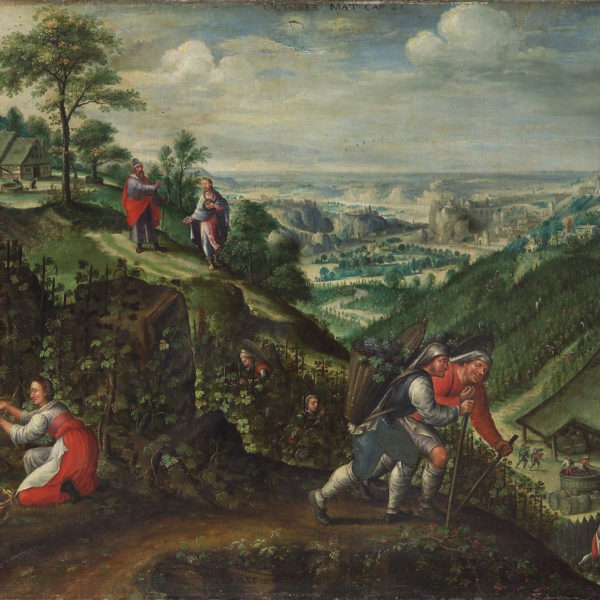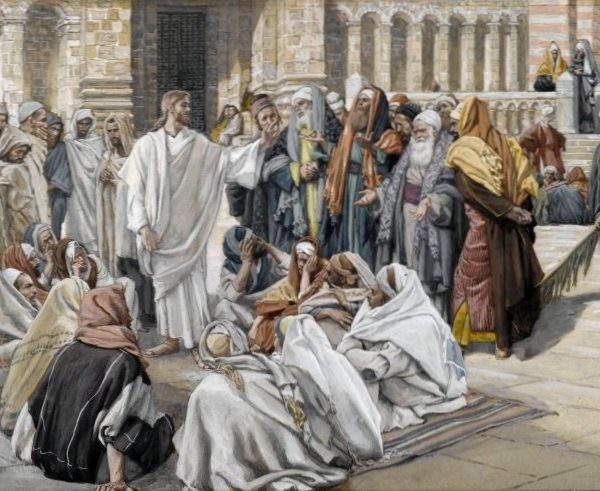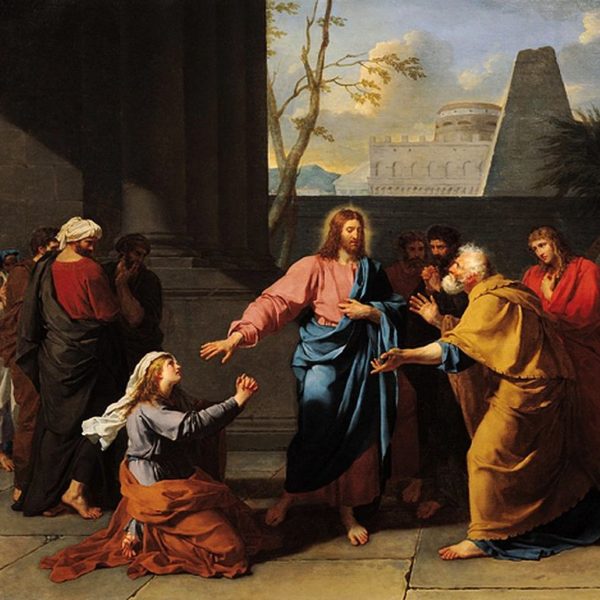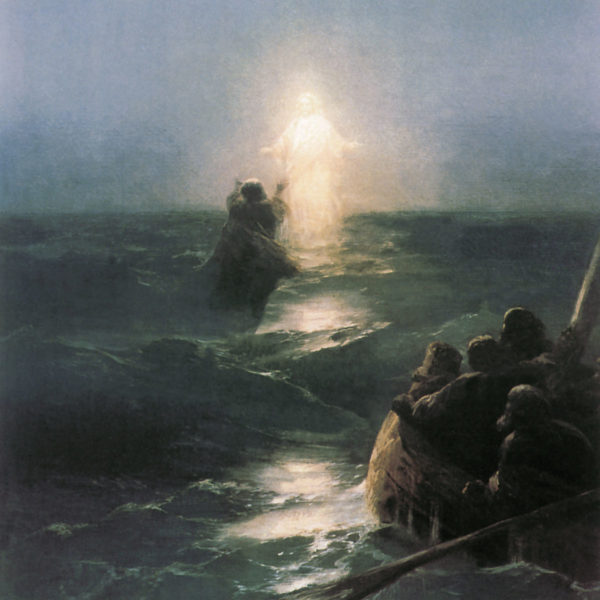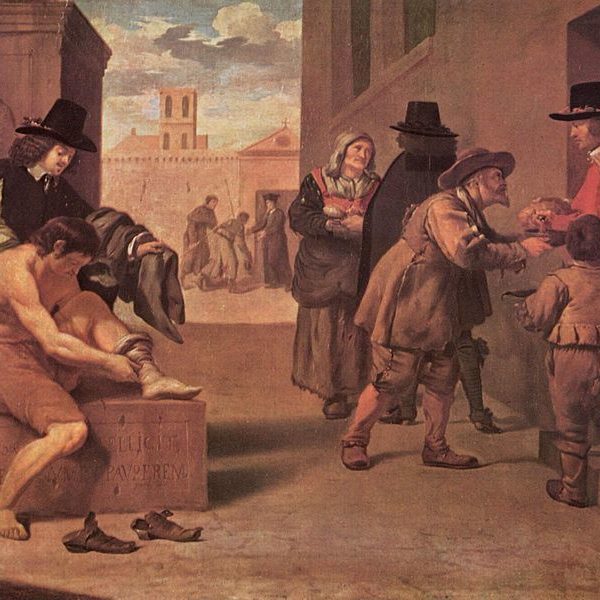
While often read merely as an account of judgment, heaven, and hell, the Parable of the Sheep and the Goats reveals a love that overcomes dualism.
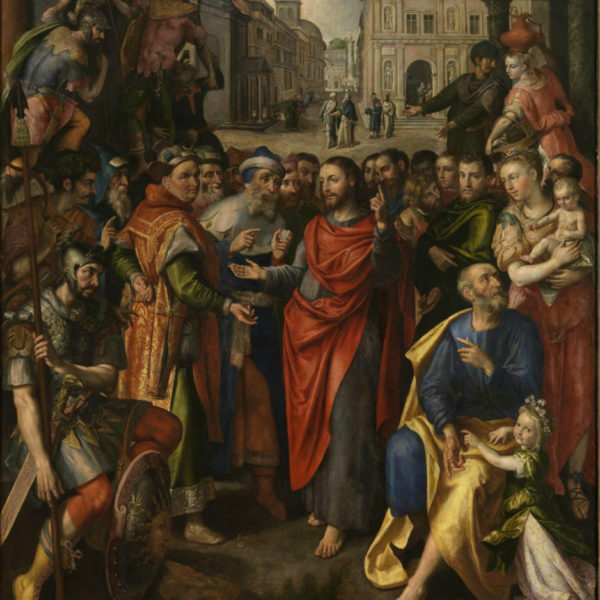
Jesus’ trick answer to the Pharisees concerning the paying of taxes to Caesar speaks to the Christian’s appropriate posture to American Civil Religion, which has been provoked into a fuller revelation of itself by Colin Kaepernick’s protest.

All of humanity comes from the Source and all our journeys will lead us back to the Source. The story of Jacob’s Ladder reminds that God is not far away but right here in the ordinariness of our everyday struggles, the answer to our desire for oneness.

In his challenge to the rich young ruler, Jesus also challenges conservative family values politics, offering us an alternative vision of relations in the kingdom of God.
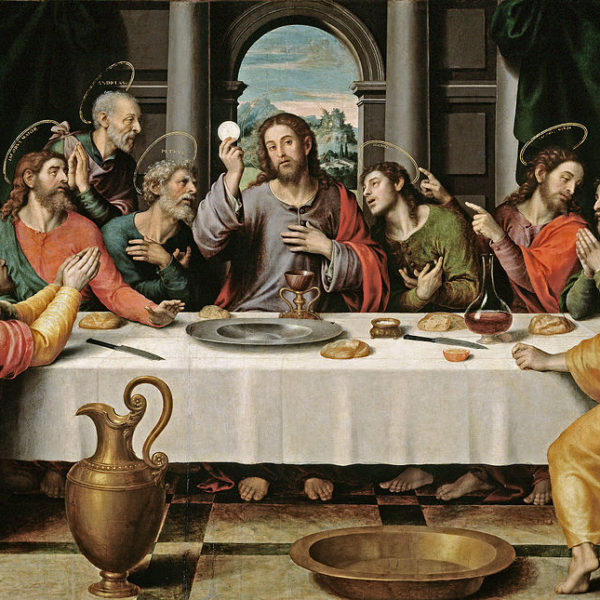
In celebrating the Eucharist, we are engaging in an act of remembering those who were remembering those who were remembering. To remember is to ‘re-member’, to re-attach ourselves to the great story of God’s deliverance.

